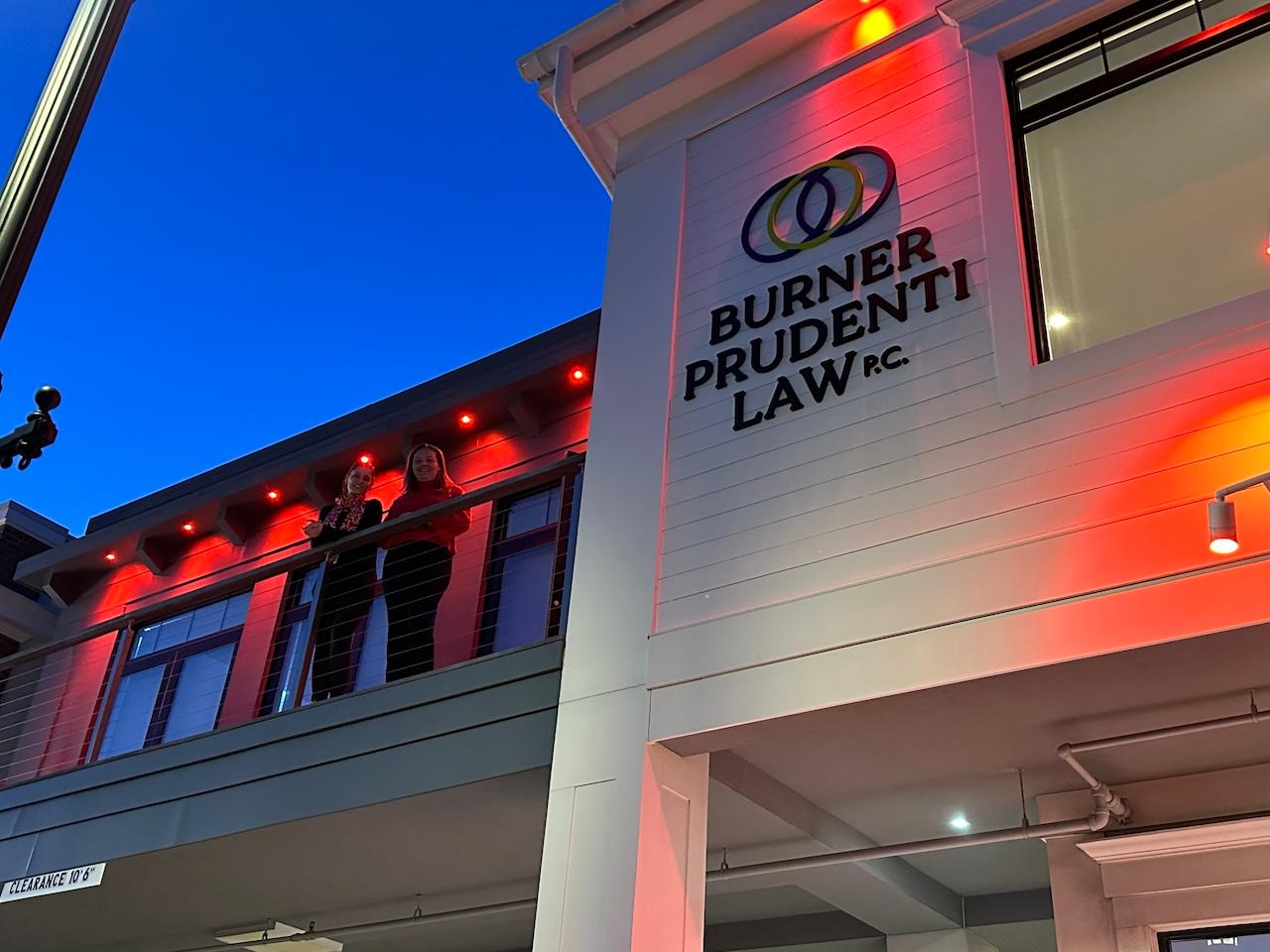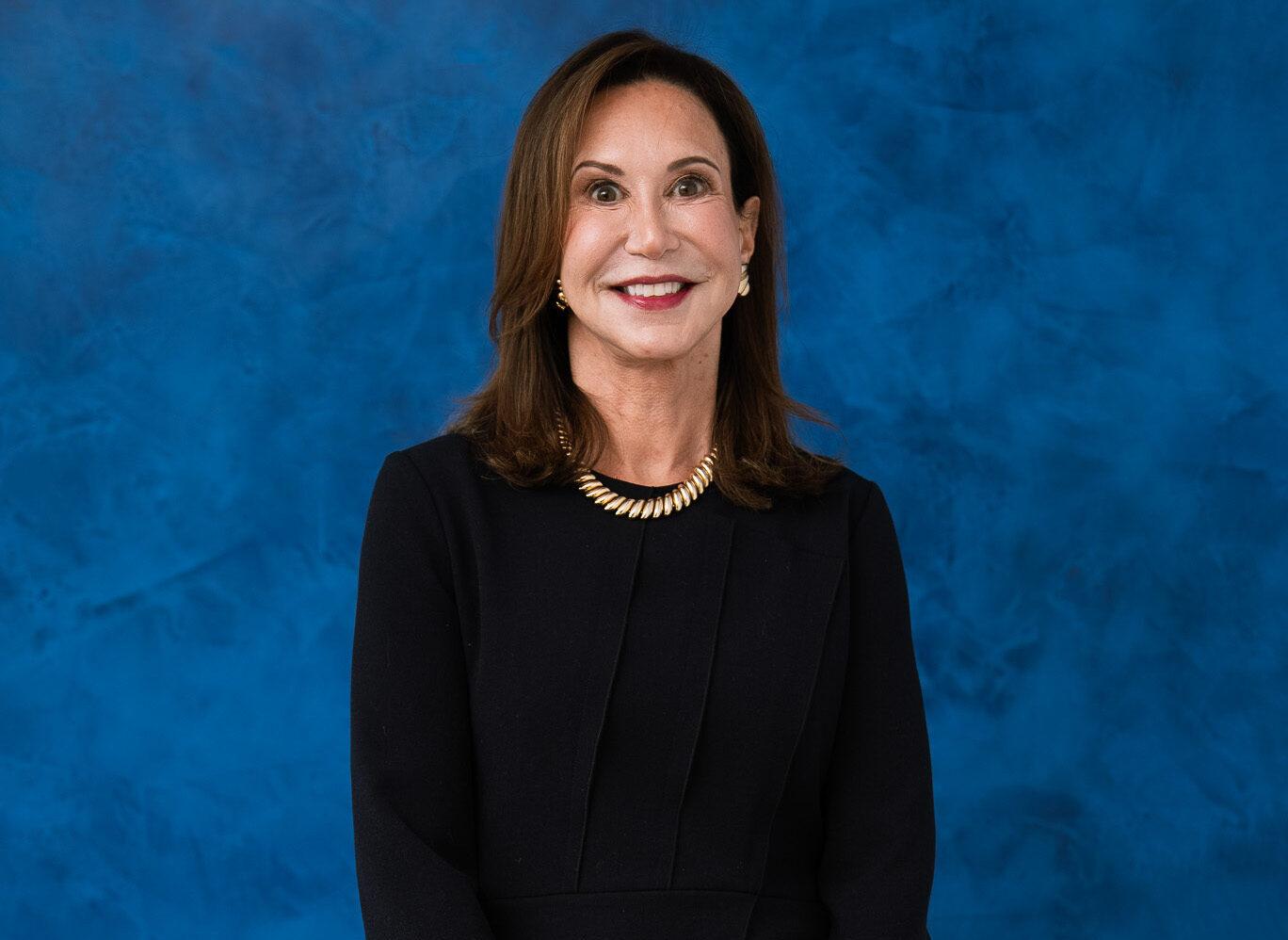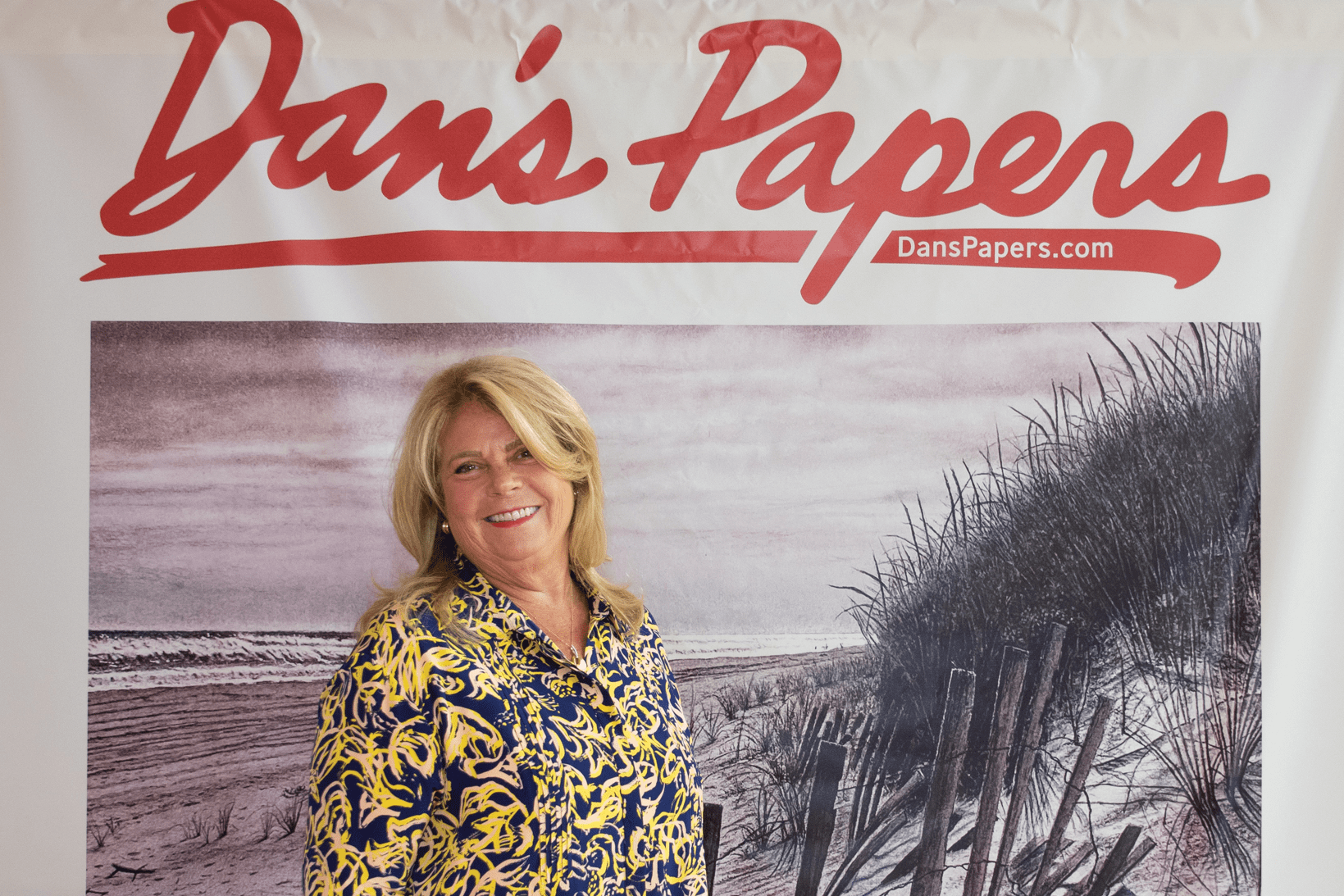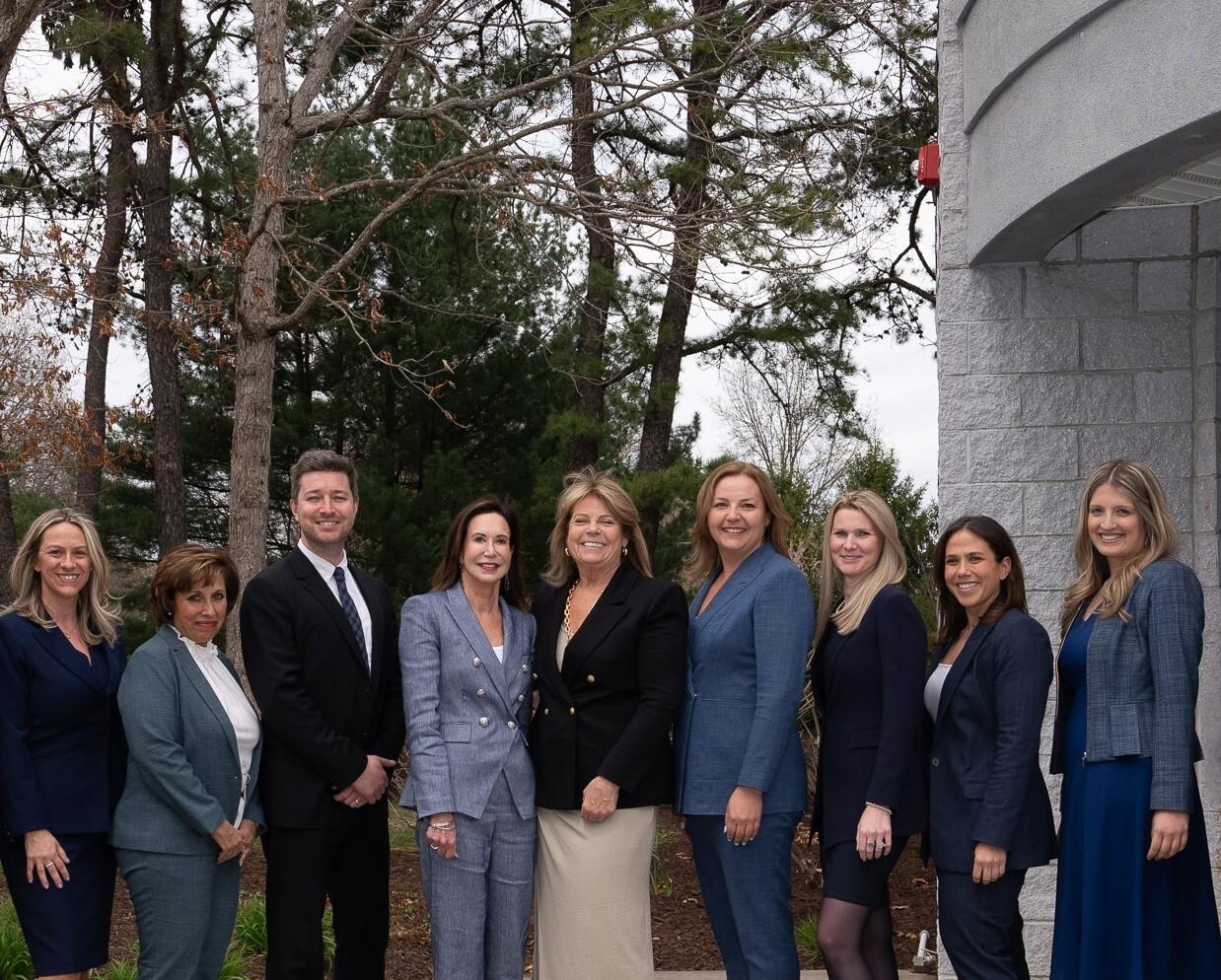
Latest News
What is the Difference Between MOLST and DNR?
MOLST forms and DNRs should be a topic of discussion when considering your advance directives, but it’s crucial to note that they are not legal documents.

Guardianship in New York is typically sought in situations where an individual is unable to make decisions for themselves due to incapacity.

Each year, there are slight adjustments to the financial eligibility requirements of Community Medicaid for adults receiving the assistance of a home health aide.

The 72.5 million Americans receiving social security will enjoy a 2.5% cost of living adjustment (COLA) increase in 2025.

Heart disease is the number one killer in women here in the U.S., claiming more lives than all forms of cancer combined.

Starting in March 2025, New York State will be condensing down to one Fiscal Intermediary (FI) from the over 600 FIs that currently operate in this arena.

A last will and testament is meant to respect your wishes in the time after your death, while a living will is used to honor your wishes in the last moments of your life.

You can renounce your right as Executor and decline to act by simply signing a Renunciation of Nominated Executor form in front of a notary.

Probate is the process by which a last will and testament is accepted by the Surrogate’s Court.

The process of appointing a legal guardian can take many months, so it is important to have a U.S.-based or a NY-based guardian to care for your kids.

Once the fiduciary receives letters and is appointed executor or administrator by the surrogate’s court, the fiduciary may provide reimbursements.
In The Media
-
Hon. Gail Prudenti Named 2025 Leaders in Law Honoree
We are thrilled to share that our partner, Hon. Gail Prudenti, has been named a 2025 Leaders in Law honoree by Long Island Business News!
October 9, 2025 -
Hon. Gail Prudenti Named to Long Island Business News’ 2025 Influencers in Law
We are proud to congratulate our Partner, Hon. Gail Prudenti, on being named to the Long Island Business News 2025 Influencers in Law.
October 2, 2025 -
Burner Prudenti Law Named to Long Island Business News’ In the Lead: Women-Owned Businesses
Burner Prudenti Law, P.C. is honored to be recognized by Long Island Business News as one of the 2025 In the Lead: Women-Owned Businesses.
September 22, 2025 -
Burner Prudenti Law Featured in Dan’s Papers
Burner Prudenti Law was recently featured in Dan’s Papers, offering readers an in-depth look at our growth over the past 30 years.
August 27, 2025 -
Hon. Gail Prudenti Recognized with 2025 Icon Honors by Long Island Business News
We’re proud to share that our partner, Hon. Gail Prudenti, has been named a 2025 Icon Honors recipient by Long Island Business News.
August 22, 2025 -
Burner Prudenti Law Attorneys Recognized in 2026 Edition of Best Lawyers in America
We’re proud to share that several attorneys at Burner Prudenti Law have been honored in the 2026 edition of Best Lawyers in America, one of the legal profession’s most respected peer-reviewed honors.
August 21, 2025
Our Blog
We’re proud to share that our Partner, Hon. Gail Prudenti, has written a featured column for Long Island Business News titled “Understanding New York’s Court of Claims.”
In the landmark case of Connelly v. United States, the Supreme Court addressed critical issues concerning the estate tax implications of life insurance proceeds used in the redemption of stock in closely held corporations.
Our criminal courts protect victims. Our civil courts provide a forum for the peaceful resolution of disputes. Our family and surrogate’s courts guide families through what may be the most traumatic experience of their lives.
As we reflect on the complexities of family law, let us work together to support our justices, understanding the weight of their responsibilities and the importance of their decisions.
The Medicaid Asset Protection Trust (“MAPT”) is alive and well in the Elder law practitioner’s toolbox and is the best option for protecting real property.
The federal government and the marketplace are undergoing revolutionary changes that will inevitably transform the business of law and operation of courts. The question arising from the uncertainty is, how so?










